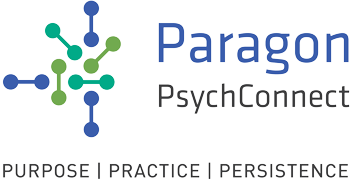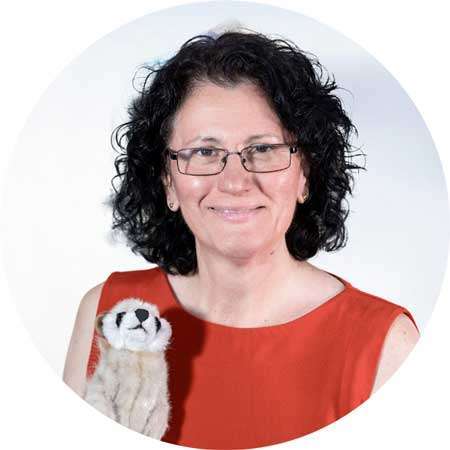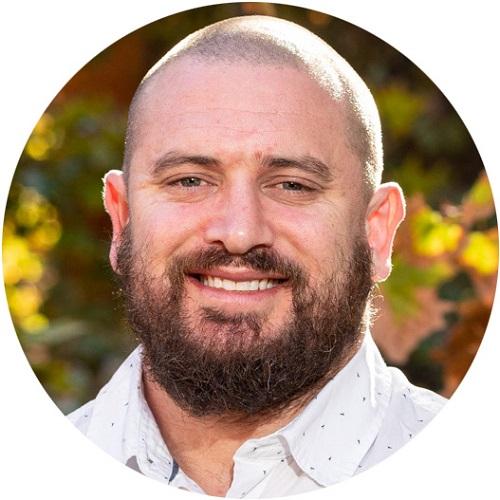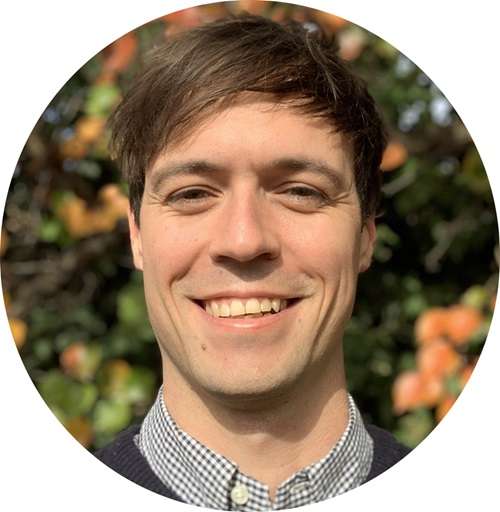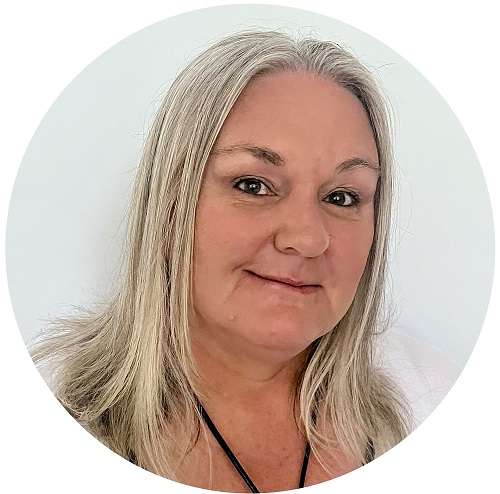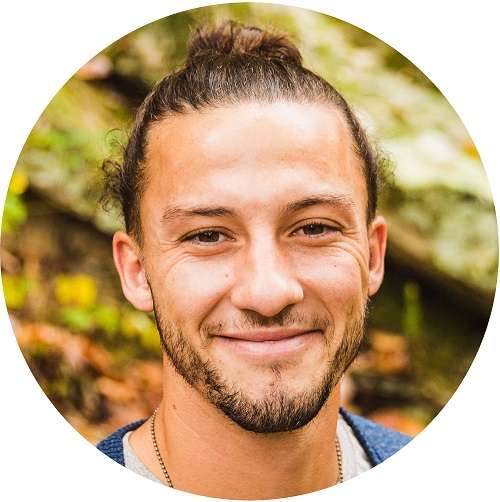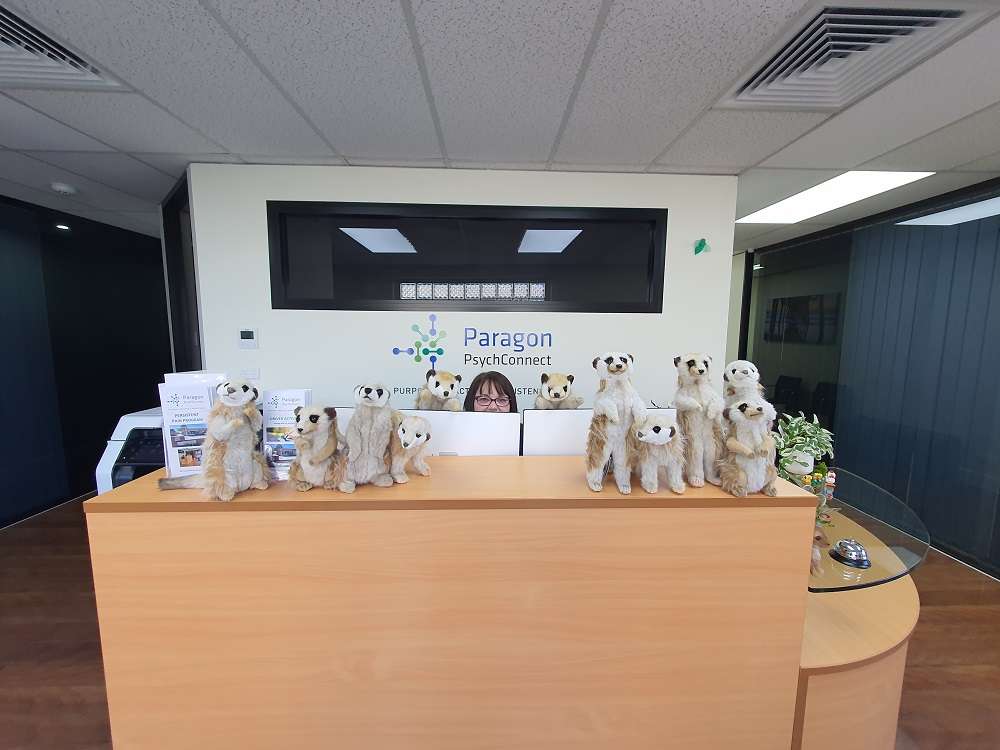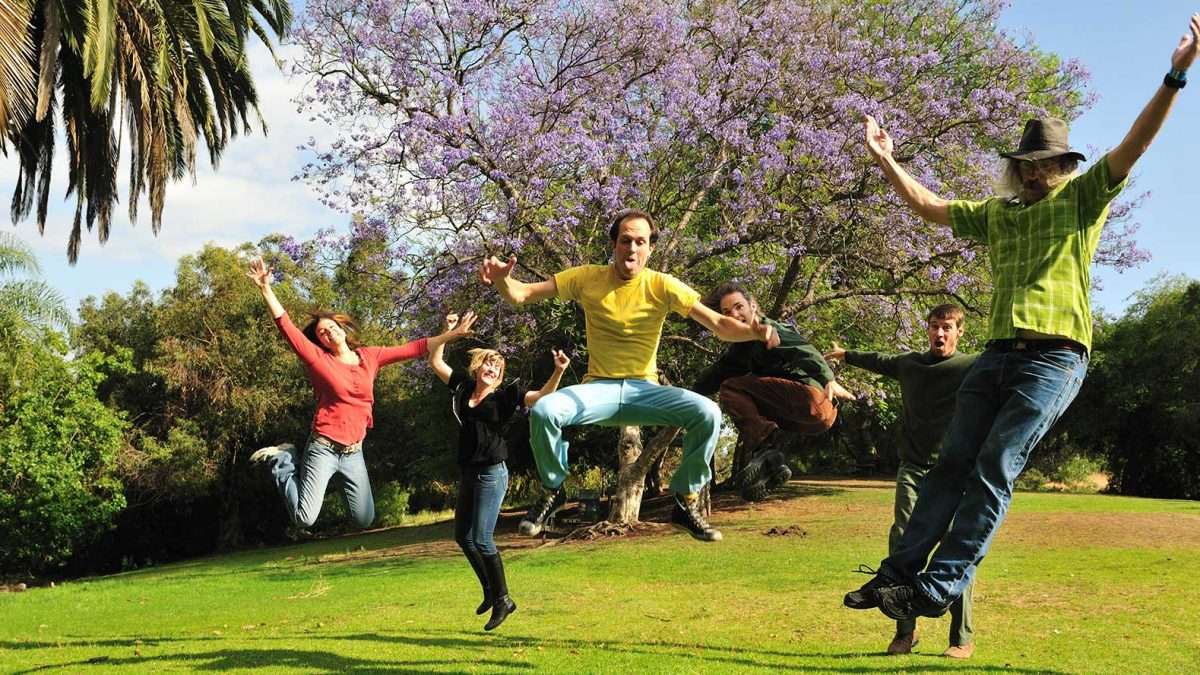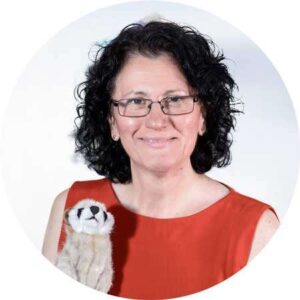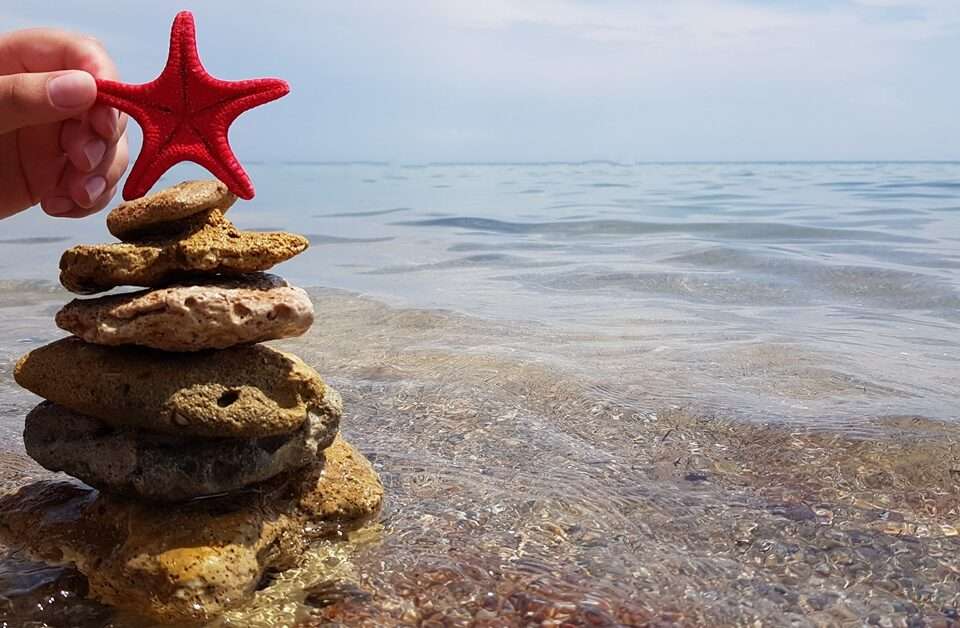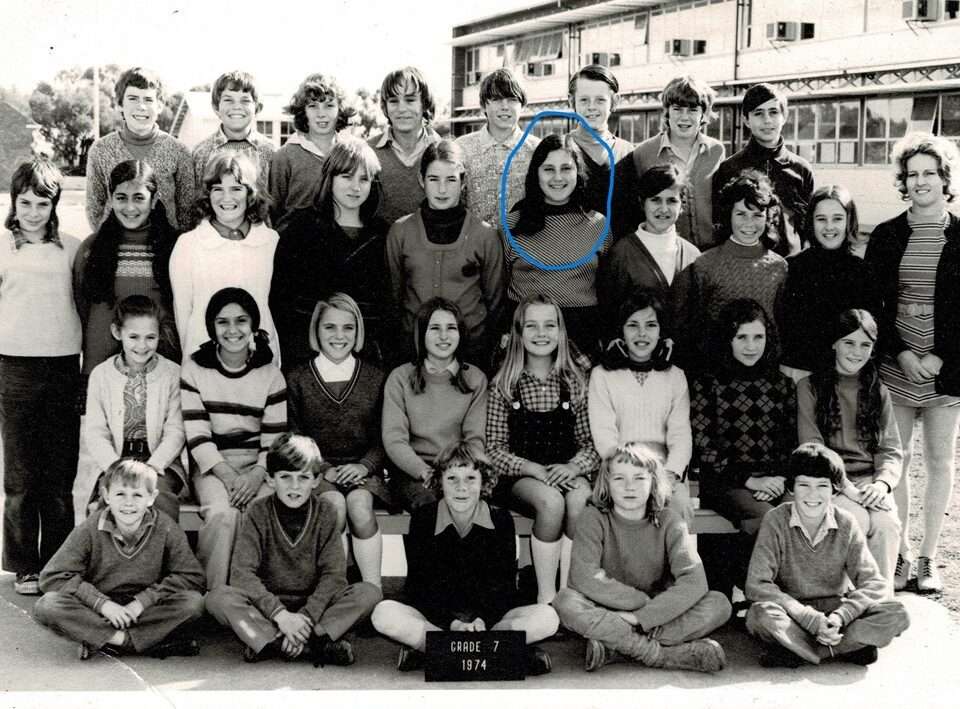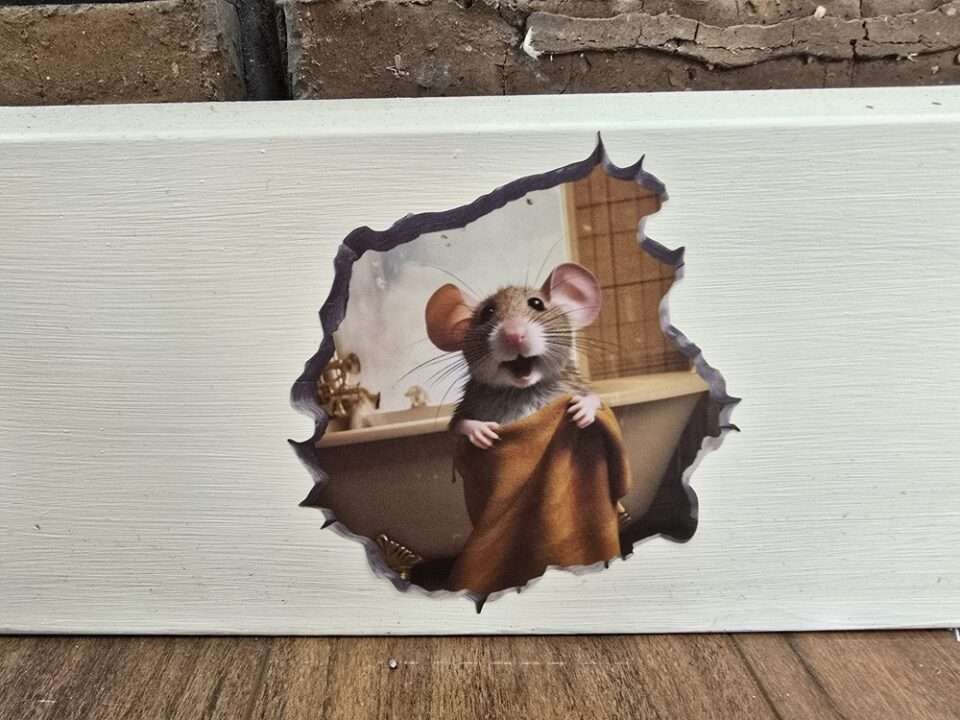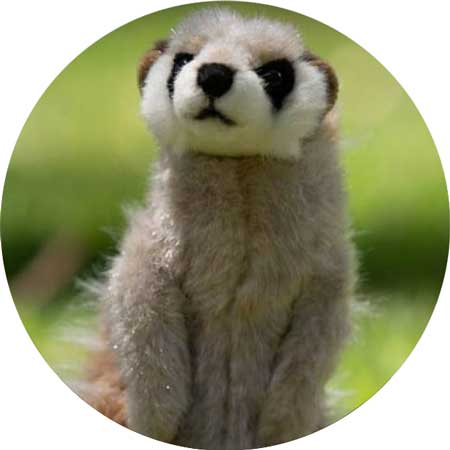
Brucee – Motivator and Anxiety Program Presenter
08/11/2021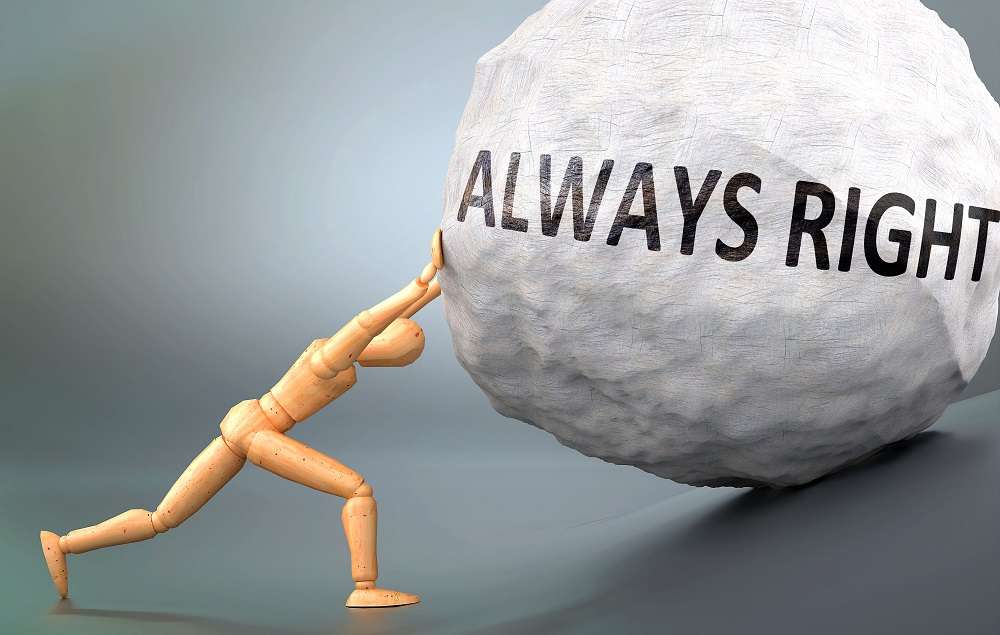
Never Changing Your Mind Isn’t A Positive Trait
03/04/2022Health and Fun
What makes up our health? When you go and see your doctor, he/she will often ask you about your drinking, your diet, the amount of exercise you undertake, sometimes about your stress levels and take your blood pressure
But they never ask you what you do for fun.
Fun is as important to your health as your drinking, your smoking, your diet and your exercise. Maybe even more so.

I read a book about play[1] from Stuart Brown and went to a talk at a conference in Sydney, Australia about 10 years ago where Stuart spoke eloquently about the need mammals have for play. He pointed out that the mammalian brains need play for optimum brain health. I immediately SMS’d my partner “we don’t play enough” and he texted back “I know”. And on that day, my obsession with fun, play and silliness began.
Over the years in my practice, I have found that depression and anxiety correlate with the amount of play an individual participates in.
Adult play seems to be a misunderstood concept, often seen as “you’re being childish” or “stop being silly” said in such a manner, as if you are failing in your responsibilities as an adult.

All mammals play, even as adults. Giraffes play, polar bears play, whales play, cats play but humans seem to “grow up” and stop playing! The age when we deem play and silliness inappropriate is arbitrary, but it seems that when we get into our mid-20s, the time for play is over and we have adult responsibilities. The world becomes a serious place.
This idea seems to only have been around for a few hundred years. In the middle ages, adult play was common – courts even had jesters dedicated to silliness and play.
In the 21st Century we are plagued by stress, anxiety and depression and instead of turning to medication as our first option, we need to incorporate more silliness and play into our lives. Doctors need to ask their patients “what do you do for fun?” and if the answer is “nothing, I don’t have time” they must prescribe fun and then review that the patient is following the prescription.
“What do you do for fun” is part of my initial assessment for every client. And then I become a “fun coach” almost strong arming them into enjoying life in spite of….
So, ask yourself “do you under-rate the healing aspects of silliness and fun?”
Oh, to see the wanders of the world through the eyes of a child with the wisdom of an adult.
Homework
Plan a fun day and call it “a beautiful day”. It will be different for everyone. Mine always has food in it. Buying it, making it or eating it. Book it in and don’t change the date of your “beautiful day”.

Treat it as you would an important surgery – you would never cancel that. The look forward to your beautiful day and luxuriate in the day.
Plan some silliness and some play on that day. Do things you would never have done before – finger paint, make chocolate crackles, build a sandcastle or have a joke telling party.
And remember, there is no such thing as “you’re being too silly”.

[1] Stuart M. Brown Jr., Christopher Vaughan, Play: How it Shapes the Brain, Opens the Imagination, and Invigorates the Soul, Penguin Publishing Group; Reprint edition (6 April 2010)
